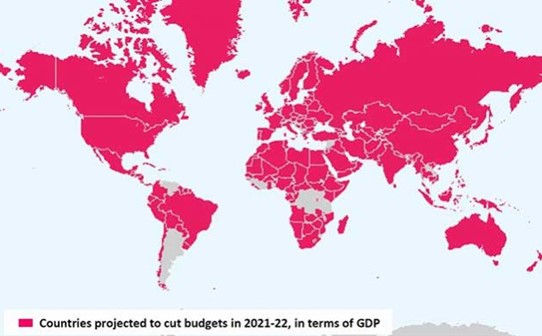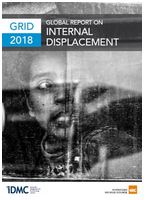Persons with Disabilities – Interventions to Promote Sexual & Reproductive Health of in Low & Middle Income Countries – Gender
Извор: WUNRN – 09.11.2020
https://www.ncbi.nlm.nih.gov/pmc/articles/PMC7566436/
Also Via SVRI – Sexual Violence Research Initiative
Review of Interventions to Promote Sexual & Reproductive Health of Persons with Disabilities in Low & Middle Income Contries
Shaffa Hameed,1 Alexander Maddams,1 Hattie Lowe,1 Lowri Davies,1 Rajat Khosla,2 and Tom Shakespeare1
For SDG 5 (Sustainable Development Goal 5) promoting gender equality and the empowerment of women and girls,50 there is limited evidence to support interventions that protect women with disabilities from sexual and gender-based violence.
Introduction
Persons with disabilities have the same sexual and reproductive health and rights (SRHR) as non-disabled persons. Yet they face numerous barriers in their access to sexual and reproductive health services and their rights are often not met. Evidence on SRHR for persons with disabilities is sparse, particularly evaluations of interventions demonstrating ‘what works.’ This systematic review assessed interventions to promote SRHR for persons with disabilities in low- and middle-income countries.
This systematic review has highlighted important shortcomings in the work towards Sustainable Development Goals (SDG) related to SRH. SDG Goals 3.7 and 5.6, which seeks to ensure health and well-being for all, must involve actions and interventions to promote access to SRH services for people with disabilities.50 This review has highlighted a complete lack of evidence on interventions promoting disabled people’s access to maternal health, family planning and safe abortion services; and limited evidence on interventions related to general reproductive health, and protection from STIs. There is slightly better progress on SDG 4 on ensuring inclusive and quality education for all,50 given the increasing and promising evidence on interventions promoting access to inclusive sexuality education. However, for SDG 5 promoting gender equality and the empowerment of women and girls,50 there is limited evidence to support interventions that protect women with disabilities from sexual and gender-based violence. The SDG ambition is echoed by the Convention on the Rights of Persons with Disabilities which emphasises the importance of delivering accessible, high-quality health services to people with disabilities without discrimination in Article 25, Health, as well as Article 23, Respect for Home and Family.51 However, by these standards too, there is much work to be done.



